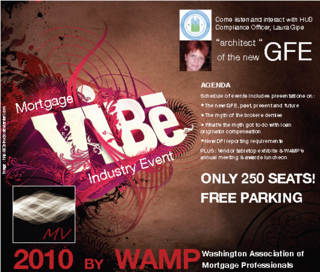For a while now, I’ve had this idea floating around in my head that with four years of articles at Mortgage Porter, I really should organize the post by the actual mortgage process. Right now, my blog is traditionally organized chronologically and by categories. I’m not changing that at all…what I am planning on doing is reposting the articles I most commonly refer to for my clients in an order that follows the mortgage process. This will be a post I will continue to update with new content via links to the article…it’s a work in progress!
In my opinion, someone considering buying a home should start researching the process months before actually entering into a purchase and sales agreement. So that’s where we’ll start:
Considering Buying a Home?
Getting on Track to Buy Your Home
Tips for Improving Your Credit Score
Game Plan for if your credit score is low.
Getting Preapproved
Are You Really Preapproved or just Prequalified?
Debt to Income Ratios (aka DTI)
Do I Really Have to Provide All Pages of My Bank Statements?
What is required to document income?
Documentation for Self Employed or Commissioned Paid Borrowers
Why it pays to get preapproved early: You may think you know your credit score
What should a preapproval letter contain?
Relocating to Washington State and getting preapproved for a mortgage
Is my Preapproval Letter Still Valid wth all the Rate Changes?
Planning Your Funds for Closing
Funds for closing when you’re buying a home
How much do I need for a down payment?
Gifts from Parents: FHA and Conventional
We’ve just started the process with this post addressing considering buying a home to getting preapproved! Watch for future post where I’ll organize articles I’ve written on being in a transaction.











Recent Comments